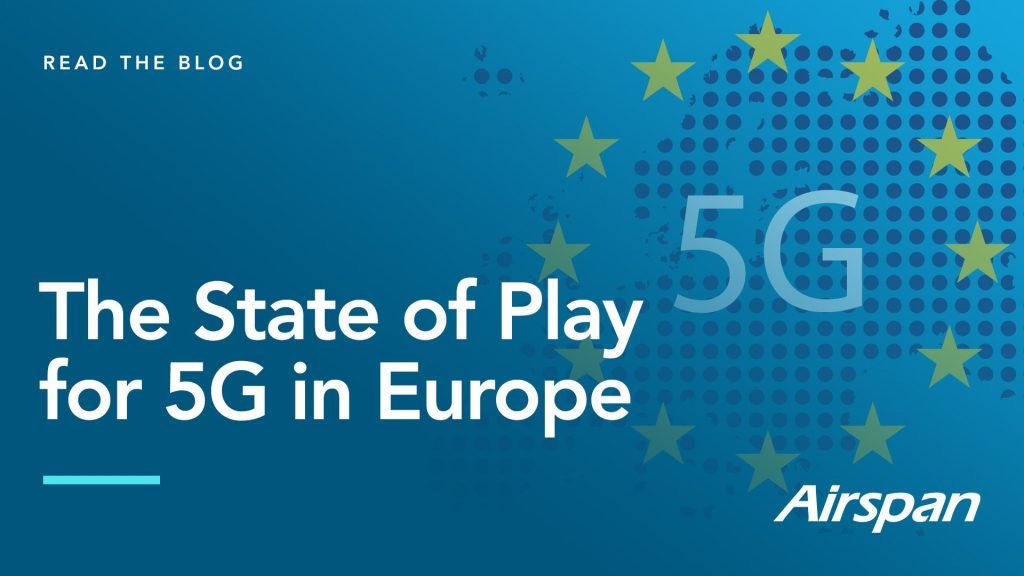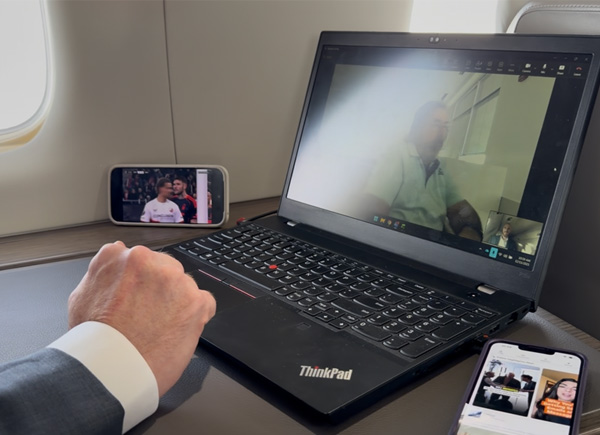July 20, 2022 | By Abel Mayal
- 5G is a crucial component in the European Digital Decade proposal, promising to bring faster connectivity in both consumer and industrial contexts. It is expected that 5G will underpin the next generation of healthcare, autonomous vehicles, and drive the development of Industry 4.0, which will bring together cyber and physical systems.
- However, 5G rollout across the EU is currently highly inconsistent, with coverage rates varying from close to 100% in countries such as the Netherlands and Denmark, down to less than 40% in Poland, Croatia, and others (source). Spectrum allocation is also inconsistent, with some member states auctioning bands as early as 2017, and others still to commence auctions as of 2021 (source).
- Recent news has also highlighted problems with the market structure of European telecommunications, with high levels of capex investment needed to provide 5G infrastructure, and a limited number of suppliers who create instances of vendor lock-in. There is a growing need to bring changes to Europe’s 5G market to ensure the goals of the Digital Decade are met.
Europe’s Missing Open RAN Infrastructure
- Europe is missing out on the economic and security potential of Open RAN by adopting a needlessly skeptical approach.
- Creating instances of vendor lock-in is also disadvantageous, creating pricing problems for telecoms providers who already operate with thin margins, and creating single point of failure vulnerabilities in integrated systems.
- Europe risks falling behind in an area of critical technological development by adopting a strict stance. Individual member states are moving forward with Open RAN trials, however at different stages, which will create an unbalanced playing field across the single market.
Why Open RAN?
- Open RAN provides a means of securing network infrastructure by avoiding vendor lock-in, allowing network providers to use equipment from a range of manufacturers to build their infrastructure
- This in turn allows providers to maximize efficiency by choosing the most price effective equipment while ensuring a high level of quality within individual components.
- European MNOs are already showing a strong interest in exploring Open RAN technology, and support its use to achieve the aims of the Digital Decade (source). Orange and Vodafone have both established Open RAN research facilities, and Deutsche Telekom has launched an Open RAN trial in Germany.
- Further, allowing Open RAN equipment provides a boost to European manufacturers of network hardware, in a market that is at present dominated by a handful of companies, only two of which are based in the EEA (Nokia and Ericsson).
The rest of the world
- As shown by the recent statement issued by the Quad group of countries, (USA, India, Australia, and Japan) three of which are among the ten largest global economies, other regions are more receptive to the opportunities offered by Open RAN
- Security is of paramount importance to these countries, and as of November 2021 the USA banned the use of Chinese manufactured equipment in its 5G networks. It is concerning that while other markets have recognised the benefits of Open RAN in building secure network infrastructure, Europe remains unwilling to adopt a similar approach.
- The Quad have committed to pursuing public-private partnerships in the field of Open RAN, and acknowledge that an open trade in telecommunications equipment will be a key driver in developing network infrastructure and securing a digital future for the Pacific region. They also commit to upholding the Prague Proposals on Telecommunications Interoperability, a key statement of intent to open the telecommunications market to greater collaboration and innovation.
Czech Presidency and the chance for change
- The Prague Proposals are symbolic of the openness to innovation held by Czechia, which aims to greatly improve its network infrastructure by utilizing innovative technologies and investment from outside of the EU.
- Open RAN technology will enable the EU and Czechia to accelerate 5G rollout by promoting the use of secure and interoperable hardware, this in turn can incentivize telecommunications providers to invest in network infrastructure at a time when they are concerned about levels of investment in the sector.
- We anticipate and welcome the Czech using their tenure presiding over the European Council to promote the European Digital Decade, and ensure that technologies that can help achieve targets for 5G coverage are not restricted in scope.



